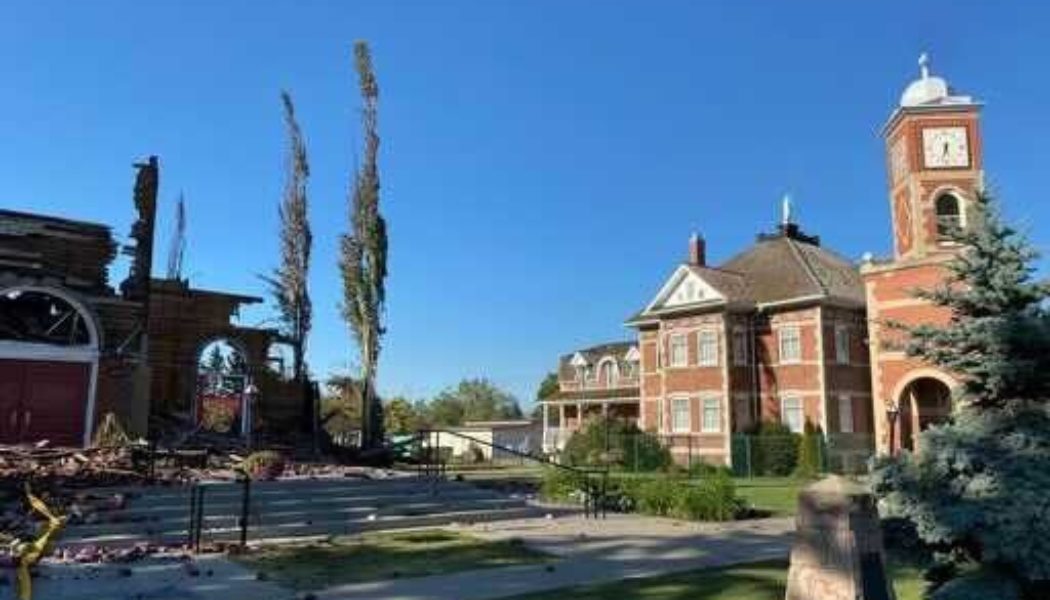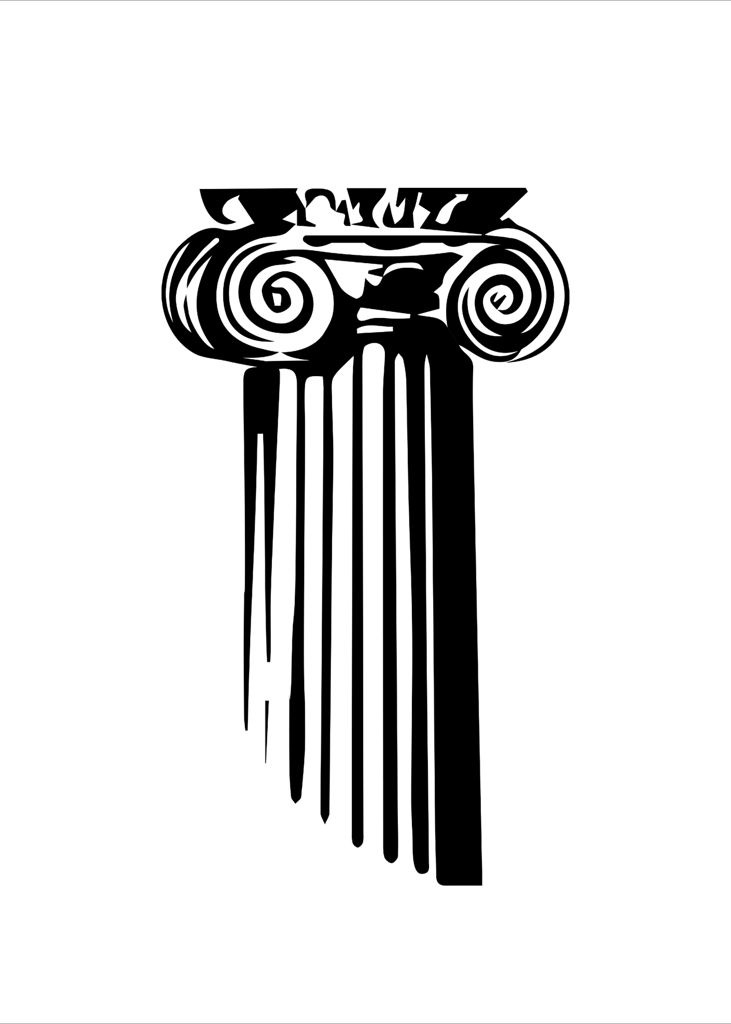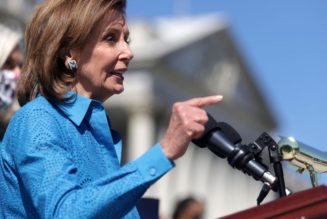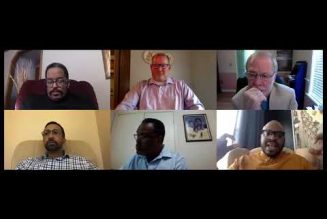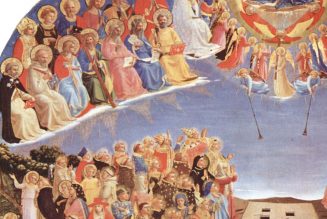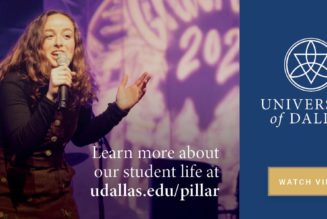Happy Friday friends,
Quick Links
The cardinal also made a surprising claim — that the Sunday obligation for Catholics to attend Mass is a matter of divine law and that no one, including a bishop, can dispense Catholics from it.
We found that assertion, well, confusing. So we did a quick fact-check.
—
Also this week, the latest salvo in the Communion wars was fired by the parish council of Holy Trinity Catholic Church in Washington, D.C., where President Biden is a frequent attendee. The council released a statement on Monday, noting their “desolation” at the recent USCCB vote and saying the parish “will not deny the Eucharist to persons presenting themselves to receive it.”
Of course, a parish council has even less authority to set terms on the observance of canon law and sacramental discipline than the USCCB— who aren’t trying to anyway. Indeed, while parish councils in different parts of the country have popped up in recent months to make supposed statements of policy, they are merely consultative bodies for the pastor, not boards of governance.
On Tuesday, we put together an explainer on what parish councils are, and are not. Read it here.
—
There seems no likely end in sight to the back and forth over the issue of Communion and prominent Catholic politicians publicly at odds with the Church’s moral teaching. Bishops, some bishops anyway, are unlikely to drop the issue of the nation’s, possibly the world’s, most visible Catholic layman giving a weekly contrary sign to sacramental discipline and teaching on the nature and effects of grave sin on a person’s status before the altar rail.
Others, most especially Biden’s own proper pastors in Washington and Delaware, have been clear that they will continue to make an example by exception for Biden, and offer no public corrective to his public policy stances vs his equally public Catholicism.
Meanwhile, Catholic Democratic lawmakers will continue to view any statement by any bishop on the issue as a partisan attack, pointing out that it is only on abortion (and by extension only for Democrats) that the bishops would even consider denying Communion to a politician.
—
It’s the Fourth of July weekend and, thanks to the 1996 film Independence Day (a triumph of modern cinema, and I will fight anyone who disagrees), the holiday is intrinsically linked to aliens. Obviously.
Also, a highly anticipated Congressional report on UFO sightings was released last week, which wasn’t quite all the tinfoil-hat brigade were hoping for. Sorry about that, guys.
Anyway, in honor of the holiday, and the report, we spoke to Dr. Christopher Baglow, director of the Science and Religion Initiative of the McGrath Institute for Church Life at the University of Notre Dame, who recently delivered a keynote address on “Extraterrestrial Life and Catholic Theology” at the 2021 Society of Catholic Scientists Conference.
His answers were really, really interesting. As a theological thought process, the whole conversation is fascinating.
Fire over Canada
More than 1,000 unmarked graves have been discovered on the grounds of former residential schools in British Columbia. Between 1863 and 1996, more than 150,000 children attended these schools, most of which were administered for the government by Catholic, Anglican, and other religious groups. Until 1948, attendance for many First Nations children was mandatory.
The math is pretty bleak: more than 150,000 students, more than 1,000 graves. And they are still finding more. Behind those numbers lies a long and very complicated history of cultural oppression, abuse, disease, government policy and negligence.
Over their 140 years of operation, at least 3,213 children died at residential schools, and possibly many more. In many cases the families of deceased students were given little notification about the circumstances of their death or the place of the burial.
Many of the grave sites now being discovered would have been marked at the time, but without a perpetual care fund or wider concern about their preservation, many hundreds have simply vanished from the map, along with the personal history of suffering which so many children endured.
Now, those old wounds are fresh again, and much of the pain and rage is being directed at the Church. In recent days, eight churches have been set on fire in British Columbia, most of them have burned to the ground. As I write, more graves are being found, and more churches are catching fire.
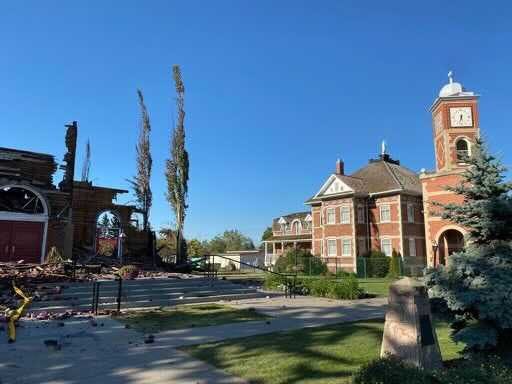
Fringe benefits
One of the things I look forward to in life is the eventual day when the Vatican’s financial soap opera will lose its power to make me question my sanity. But that day seems far off yet.
Let me say that again slowly: The guy overseeing the administration of hundreds of millions of euros in Church funds, a full time Vatican employee, was making points on the package from one of the banks where he was parking the funds. “Conflict of interest” doesn’t even come close.
A while back, I reported on how Tirabassi showed up on the board of a Luxembourg holding company at the exact moment the company was being used, according to Vatican prosecutors, to extort the Secretariat of State (Tirabassi’s employer) for millions.
He’s also been accused of blackmailing his Vatican bosses, threatening violence against the family of Gianluigi Torzi (the “businessman” who owned that Luxembourg holding company), offering the same “businessman” prostitutes as a way of unwinding after a hard day’s work, and a host of other behaviors which would be comical if they did not come at such a tear-jerking cost to the Church.
None of this, by the way, is what made me question my sanity this week. No, it was the response of Tirabassi’s lawyer when the news of his deal with UBS broke that sent me swoggle-eyed.
The lawyer said Tirabassi’s arrangement, which by my conservative estimate could have netted him millions of euros, was known to his superiors at the secretariat and accepted as a “fringe benefit” to his job. Who knew working at the Secretariat of State came with perks like that?
Tirabassi’s former boss and Pillar reader, the disgraced Cardinal Angelo Becciu issued his own statement through his legal team saying Tirabassi was already in post when he arrived at the secretariat in 2011 and he was unaware of the details of the UBS arrangement.
Tirabassi has, by the way, not been fired. He is currently “suspended” from his job at the Secretariat of State.
I’m sure it’s fine.
Freedom and the Fourth
I love the Fourth of July. I spent the majority of my life to date living in the U.K. so, like that other great American holiday, Thanksgiving, I have had to work the holiday more often than not.
While I was in London, I made do. When I worked in Parliament, I would divert the office phone to my mobile and decamp to one of the in-house pubs in the Palace of Westminster at around 3 p.m. I’d finish the evening on the Members’ Terrace, where I would ritually throw tea bags into the Thames and enjoin passing members of Her Majesty’s House of Commons not to tread on me.
Some would buy me a drink, some would call security over to have words, but I like to think I honored the spirit of the day.
Fun as it was, work is work though, so now that I can take the day, believe me I am. It’s also our six-month anniversary here at The Pillar, so that’s another thing to celebrate.
Plans this year include some field ordinance-caliber fireworks (thank you, Commonwealth of Pennsylvania) and attempting to grill, smoke, and roast my own body weight in beef. It is going to be great.
See you next week, and seriously, we have not yet begun to fight.
Ed. Condon
Editor
The Pillar
Join Our Telegram Group : Salvation & Prosperity
